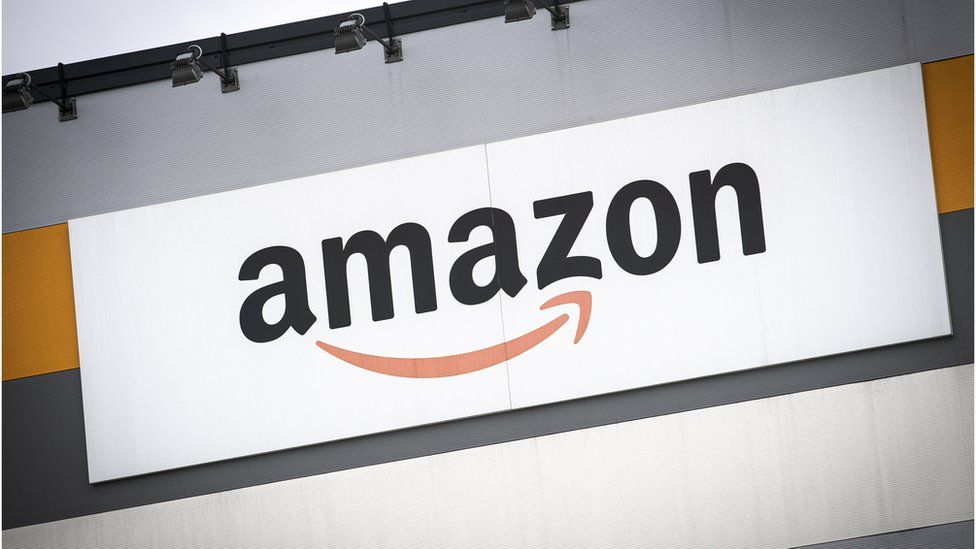
Amazon lobbyists have had their access badges for the European parliament withdrawn because of a row over whether the e-commerce giant is allowing itself to be properly scrutinised.
It followed a request from the EU’s committee on employment and social affairs.
Its chairman has accused of Amazon of blocking its enquiries into claimed breaches of “fundamental rights”.
Amazon said the decision, affecting 14 staff, was “very disappointing”.
In a statement, the firm argued it had “repeatedly expressed our willingness to engage” with members of the EU Employment and Social Affairs Committee.
“As a company that has been active in the EU for more than 25 years and now has more than 150,000 permanent employees here, we take our engagement with policymakers in Brussels and across Europe extremely seriously,” it said.
But in a post on X, formerly Twitter, committee chairman Dragoș Pîslaru disagreed.
“It is unreasonable for members to be lobbied by Amazon while at the same time being deprived of the right to represent the interests of European citizens and inquire about claims of breaches of fundamental rights,” he said.
In a statement, he added that since 2021 his committee had been seeking to investigate concerns about the working conditions of Amazon employees in the EU.
He said company representatives had been asked to participate in hearings and to allow a visit from committee members.
“In the context of the company’s constant unavailability at the requested dates, it was important to signal the fact that their approach was disrespectful to the European Parliament and EU citizens in general,” the statement said.
Christmas clash
Amazon said it had refused to participate in the session because it was “clearly one-sided and not designed to encourage constructive debate”.
It claimed it had not been able to host committee members at its facilities because the proposed date was shortly before Christmas, during what it called “retail peak season”.
However, the firm said it had accommodated many such visits in the past and insisted it wanted to “continue engaging with members of the European Parliament on important issues affecting industries where we are active”.
The lobbyists have not been banned from the building and the firm said they would still be able to attend the parliament – so long as they are signed-in like any other visitor.
The row is far from the first time the EU and big tech have clashed.
Big tech firms including Google and Meta, as well as Amazon itself, have faced fines totalling billions of pounds for breaches of European law.
The EU has also recently passed the Digital Services Act (DSA) which has placed new responsibilities on large tech firms.
And X is currently being investigated over whether it has broken the DSA’s requirements on disinformation.








